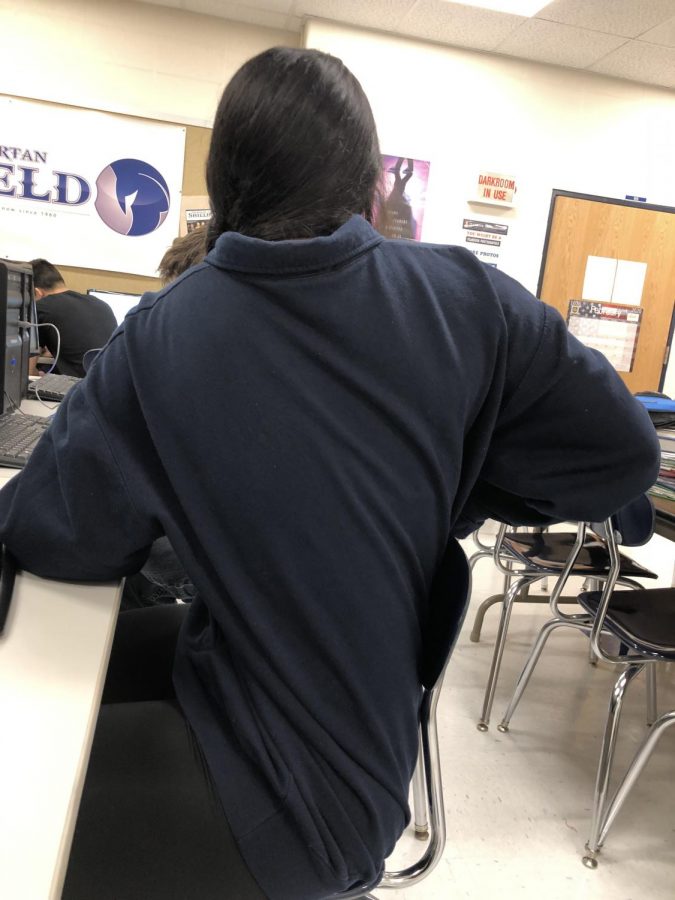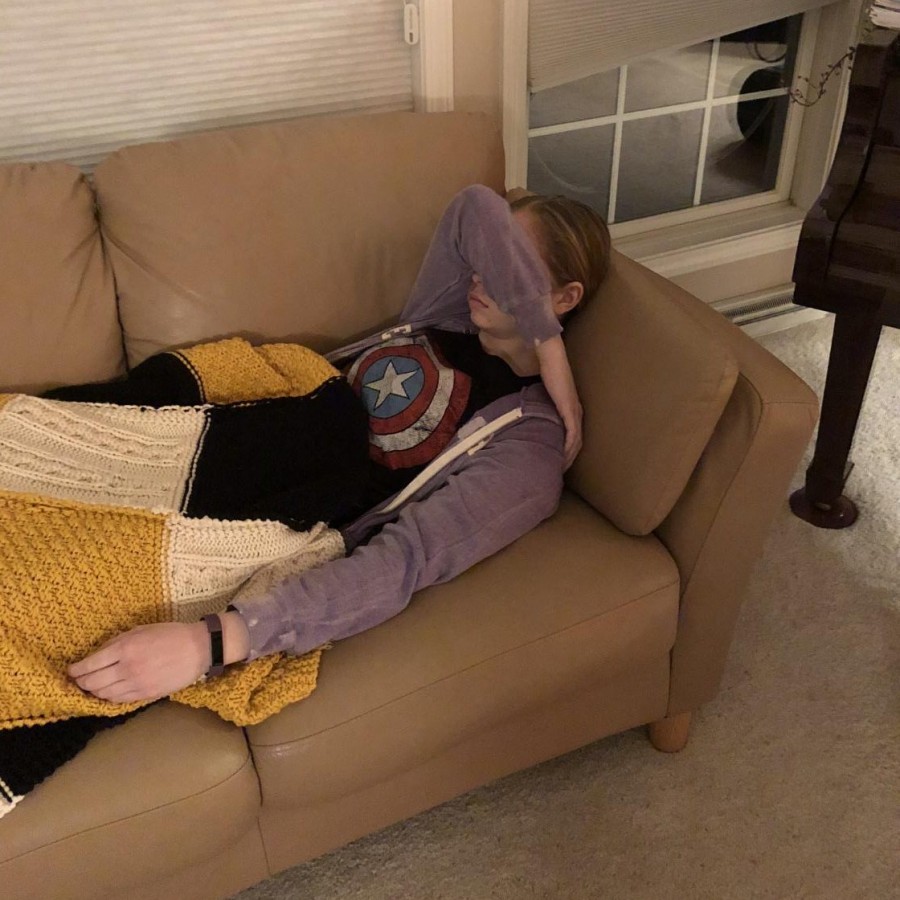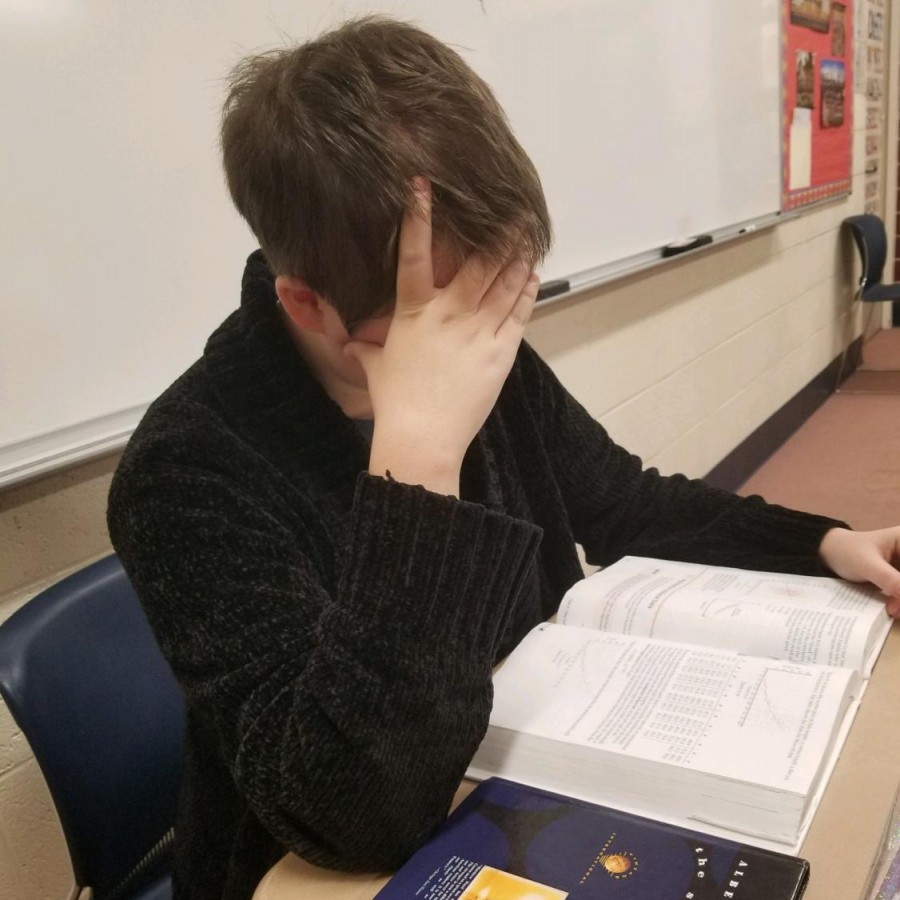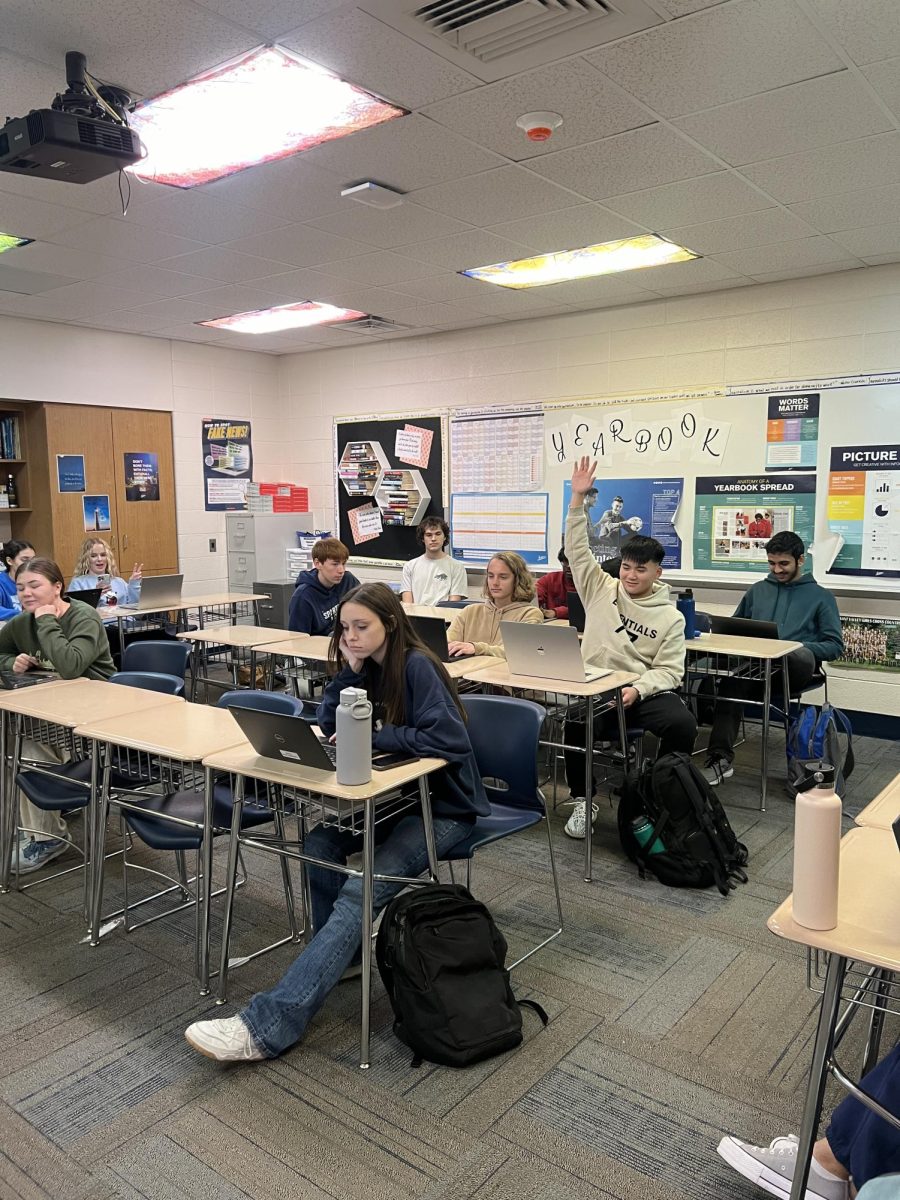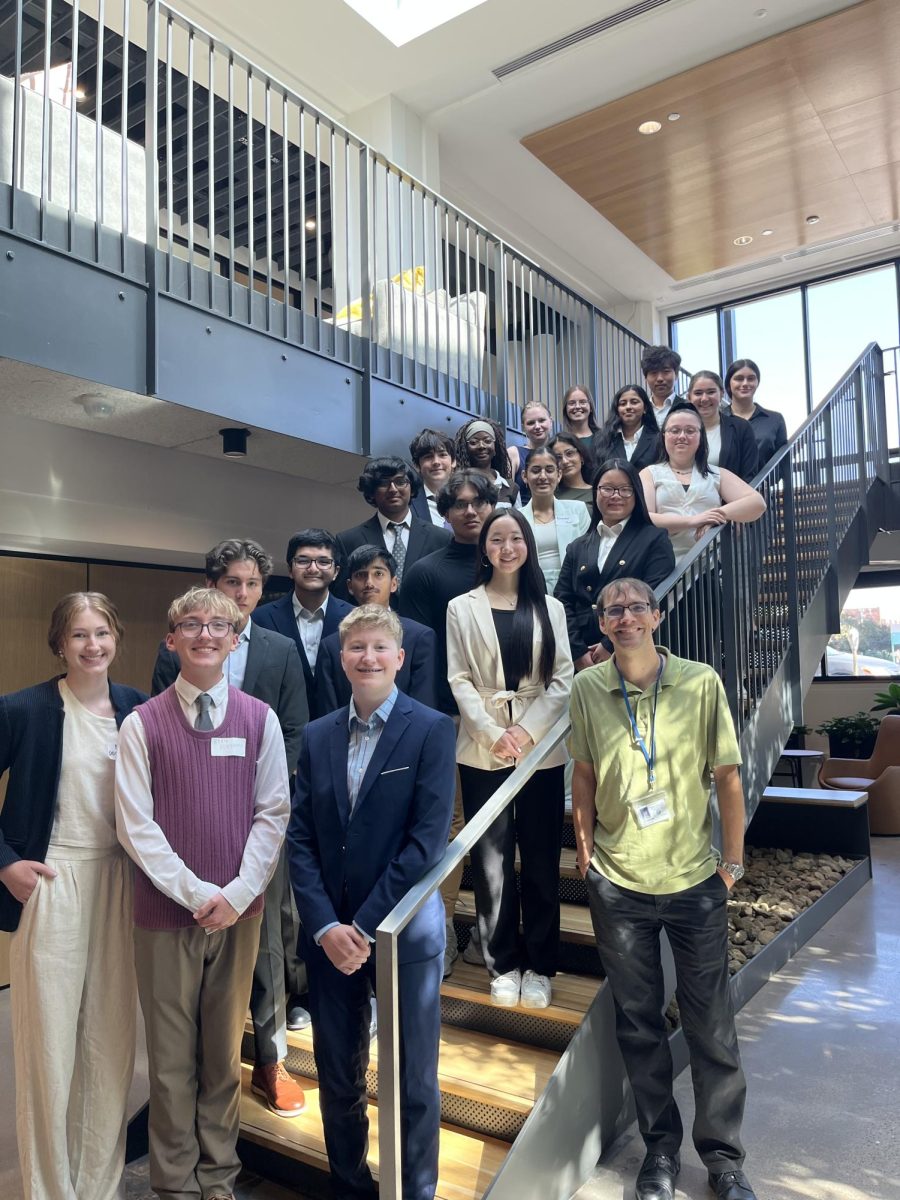Staying awake until 12:30 a.m. is nothing new to many Pleasant Valley students. With a sign in the front doorway saying “committed to excellence”, it’s no wonder why students stay up so late studying for tests or perfecting their homework to ensure it’s up to “Pleasant Valley” quality.
However, not many people take the time to step back and look at the long-term effects of not getting enough sleep at night.
In a detailed report published by the American Academy of Pediatrics, the Academy called the problem of tired teens “a public health epidemic.” People need to start seeing that the lack of sleep they are getting isn’t just “no big deal”-it’s actually much larger than one might think.
The effects of lack of sleep go farther from just feeling drowsy and tired the next day. The National Sleep Foundation found that “sleep deprivation increases the likelihood teens will suffer myriad negative consequences, including an inability to concentrate, poor grade, drowsy-driving accidents, anxiety, depression, thoughts of suicide, and even suicide attempts.”
But with all these consequences why don’t students cherish the time they have to treat their body right and sleep? Expectations. PV senior Susan Anil stated, “Students feel the pressure to stay up late and sacrifice their health in order to get good grades and perform well in school.”
Most students know that the lack of sleep they are getting isn’t good for themselves, but they feel as if they have no other choice because they have to get their work done. Anil added, “students put pressure on themselves especially at a school that is so highly competitive like Pleasant Valley. It’s not healthy and it’s not good for us, but the reality is that we do it any way to get work done.”
Unfortunately, the lack of sleep students are getting to improve their academics, is actually making it worse. William Dement, founder of the Stanford Sleep Disorders Clinic stated that “[Lack of sleep] is a huge problem. What it means is that nobody performs at the level they could perform. Whether it’s in school, on the roadways, on the sports field or in terms of physical and emotional health.”
When students stay up late to prepare for their tests, they are actually ruining their chances of doing well the next day due to lost hours of rest. In addition to this, they are generating “sleep debt.” When students don’t get enough hours of sleep one night, it will carry over from day to day, generating “sleep debt.” Over time, this debt will gradually increase, and their symptoms of sleep deprivation will become worse.
The public health epidemic of sleep deprivation is only continuing to grow. Students need to take a breath and release the grip of academic pressure before the effects of sleep deprivation harms their health.




